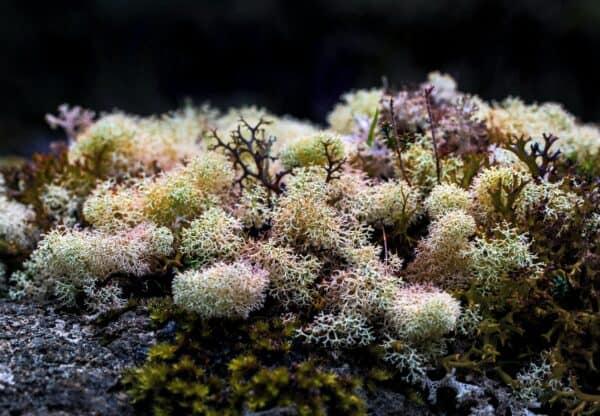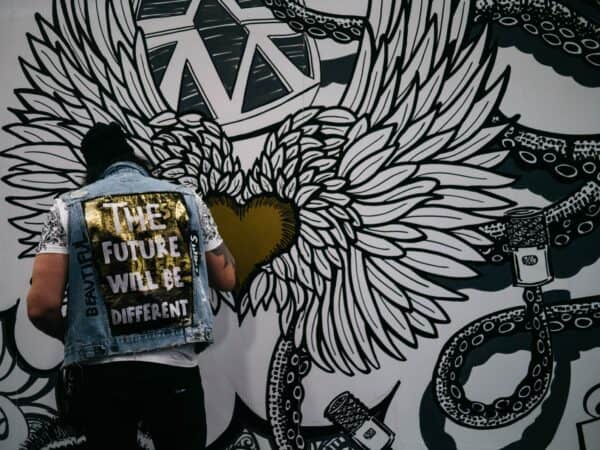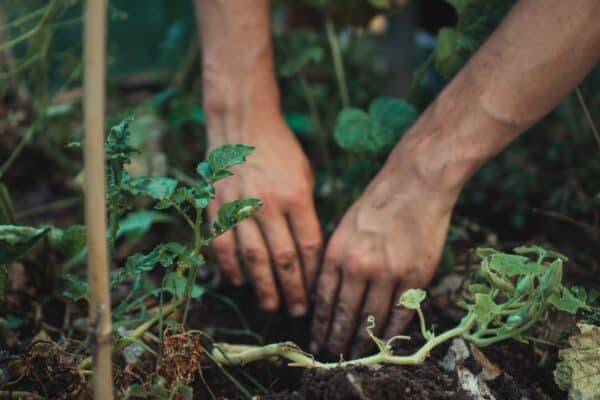Although it may feel like a new buzzword or trend, the idea of learning to lead ourselves well through life and work has existed as a key concept in human community building across cultures, since ancient times.
Futurists talk about us living in a change of era, rather than in an era of change.
Self-leadership rests on the principle that change ‘out there’- in the world, in our organisations, in our communities, workplaces and neighbourhoods, begins with change ‘in here’, in ourselves: in our minds, hearts, choices and behaviours.
Now more than ever are we asked to make sure we are resilient, inspired, purposeful and connected, so that we can navigate well from a more whole, connected, grounded and present place inside us, make a positive contribution and last a long time.
Burned our people aren’t equipped, after all, to serve a burning planet, as Susi Moser once said.
Self-leadership is about taking radical responsibility for who and how we want to be as human beings. Here now. In these shifting, messy middle times.
The kind of person we want to show up as in our lifetime. For ourselves, our loved ones, in our work, businesses, as a citizen, as a cell in the great web of life on planet Earth.
It’s about how we want to experience life, even when we are under pressure or navigating great challenges. It’s about how we want to feel about our lives on our last day, and it’s about what we are leaving behind when we are gone.
In Wish Tree, we often talk about integrity in the same breath as self-leadership.
Integrity, we believe, is about having the courage to look deeply into our own eyes at the end of each day and feel like we did our best.
Integrity is saying “I am not perfect, but I am enough. I accept myself unconditionally here and now. And there is room for unlearning, learning, healing and growth, all at the same time”.
Integrity is also about the courage to translate our values into action. To interrupt harmful ways of being and doing, whether in ourselves, or in the communities or world of which we are a part. To be an embodiment of what we stand for.
For a whole world.
It’s saying yes when we mean yes and no when we mean no. And it’s about the courage to choose to be one person in all areas of our lives. As such, authenticity is a function of integrity and central to leading ourselves well, whatever the context.
Committing to self-leadership is the beginning of the end of many things in our lives.
It’s the end of proving, in whatever way we do it, that we are worthy and good enough.
The end of constantly performing or producing so that we will be accepted – by ourselves and others.
It’s the end of perfectionism– the belief that if we do everything without fault and have all the answers, then we have earned the right to be here, to belong, to be appreciated, loved.
It’s the end of pleasing so that we will feel safe, included and not rejected.
It’s the end of fixing and rescuing and saving others and what feels broken, in an attempt to feel more whole or safe or worthy inside of ourselves.
The end of chasing something outside of ourselves we think will complete us.
It’s the end of pretending, in all its many guises.
And the end of frequent exhaustion, over-giving and fierce independence.
It’s also the start of many things in our lives.
The start of living, speaking, creating and leading in alignment with our values and our own inner compass.
The beginning of being, doing, living, leading, in ways that work with life, not against it.
Ways that enable us to remember what it means to be humans living in alignment with all of life, not separate from it.
Self-leadership is the start of knowing more about the difference we want to make in the here and now, and the seeds we want to plant for the people of the distant future. It’s the start of knowing more about our unique role and place on the pitch in team humanity.
It’s the start of having a bigger picture awareness and relationship to the wider world. Of knowing more about why it is that the issues we are facing as humanity are here now, and not before. And where we and our specific contribution can be found on the greater map of it all.
It’s about becoming more conscious and mindful that what we do and don’t do through our words, actions and choices affect other people and the ecosystems of the world – both near and afar, now and in future.
Embracing self-leadership is learning to look after ourselves better – mind, body, heart – so that we can feel more resilient, present and enjoy our lives, no matter what.
It’s the start of learning to relate to others – at work or at home – in open-hearted ways that allow deeper connection, healthier boundaries, more authentic interactions. It’s about embracing the courage to be seen, heard, held and supported. And doing the same for others from a place of trust and commitment.
Self-leadership helps us to see ourselves as cells interconnected with everything and everyone around us.
It enables us to feel more resilient, inspired, purposeful, connected. Whole.
And wholeness is not only essential to balance, innovation, aliveness and thriving.
It is intrinsic to how life itself works.
In these topsy-turvey, turbulent times, the world needs people who are empowered in their hearts, minds and behaviour to see, feel, be and do life and leadership differently. To do changemakership differently. In Wish Tree we are devoted to nurturing you to show up embodied, nourished, present and whole through a diversity of life-giving opportunities such as immersions, coaching, workshops, courses all underpinned by our simple but powerful self-leadership model, born from over 20 years in the field of human development, learning and growth.








